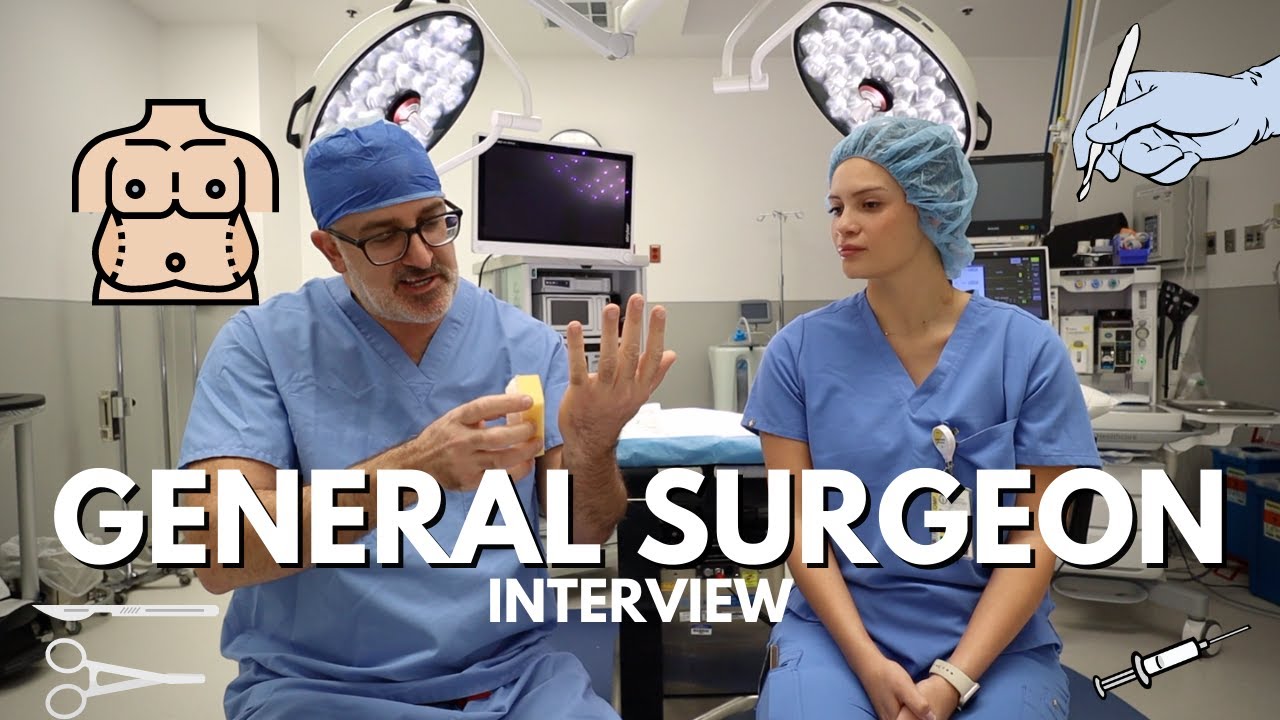How I Find $50K/Month Business Ideas
Summary
TLDRIn this candid video, the speaker reflects on his entrepreneurial journey, sharing the highs and lows of building startups. After 23 failed ventures, he reveals that his most successful business idea came not through constant work, but by taking a break—two weeks of time off led to the creation of a business that generated $800,000. The key takeaway is that successful ideas often emerge unexpectedly, while solving personal problems or experimenting with new technologies. The speaker emphasizes that the process of 'accidental' discovery is essential for finding real problems to solve, leading to successful business ventures.
Takeaways
- 😀 Entrepreneurship often involves trial and error, with many startups failing before one succeeds.
- 😀 Success in business can come from unexpected places, often by accident rather than deliberate planning.
- 😀 Taking a break from work or entrepreneurship can lead to fresh ideas and new perspectives.
- 😀 Personal life events, like marriage, can provide inspiration and lead to creative business ideas.
- 😀 A successful business idea doesn’t need to be grand from the start; it can evolve from small, manageable steps.
- 😀 Sometimes, stepping away from technology and focusing on personal life allows for better creativity and innovation.
- 😀 Entrepreneurs often discover business opportunities by solving their own problems, which others may share.
- 😀 Experimenting with new technologies or ideas can lead to accidental success by uncovering real-world problems.
- 😀 Entrepreneurs should embrace action and experimentation—launching ideas, even if they’re not fully formed.
- 😀 Many successful business ideas stem from personal experiences or hobbies, not necessarily from a big, planned vision.
- 😀 Creating businesses is about constant iteration—launching small projects and pivoting until one sticks.
Q & A
What is the main idea presented in the video script?
-The main idea is that successful business ideas often emerge unexpectedly, especially when entrepreneurs are not actively focused on business. The speaker reflects on how their best business idea was born while taking time off and not thinking about work.
How does the speaker describe their past entrepreneurial experience?
-The speaker shares that they have built 24 startups, but only 23 of them failed. Some made small profits, but none of them had a significant impact on their life or the lives of their customers. However, one startup changed their life.
Why does the speaker believe entrepreneurship is about 'small bits' and launching startups over and over?
-The speaker believes that entrepreneurship is about consistently launching small ideas until one sticks, indicating that success often comes through persistence and experimentation, rather than through a single groundbreaking idea.
What was the key factor that led to the speaker’s most successful business idea?
-The speaker's most successful business idea came up after taking two weeks off to be with family. The idea was born during this break, when they were not focused on work, showing that stepping away from work can lead to unexpected moments of creativity and insight.
What does the speaker mean when they say 'successful businesses are born by accident'?
-The speaker suggests that successful businesses often emerge from unexpected opportunities. Entrepreneurs may not be actively pursuing a big idea but might stumble upon it while solving their own problems or experimenting with new technologies.
How does the speaker describe the role of taking time off in generating business ideas?
-Taking time off allows entrepreneurs to step away from the daily grind and see things from a fresh perspective. The speaker emphasizes that their best idea came when they were not thinking about business, which highlights the importance of breaks for fostering creativity.
What does the speaker mean by 'doing new things' in the context of entrepreneurship?
-The speaker argues that trying new things helps entrepreneurs discover real problems that people face. By experimenting with different activities or ideas, one might uncover a problem worth solving, potentially leading to a successful business.
How does the speaker’s personal life influence their entrepreneurial journey?
-The speaker's personal life, including getting married twice and taking a holiday, played a role in inspiring their business ideas. The break from work, particularly the two-week holiday, allowed them to return with a new idea that eventually became highly successful.
What advice does the speaker give about starting a business?
-The speaker advises that you don't need a perfect idea to start a business. Even small actions like writing about what you’ve learned or rebuilding a favorite application can lead to discovering opportunities that may evolve into successful ventures.
What does the speaker believe about the importance of work-life balance for entrepreneurs?
-While the speaker loves creating and working on projects, they acknowledge that taking breaks is essential for both personal well-being and the potential for new ideas. This balance is critical for sustaining creativity and long-term entrepreneurial success.
Outlines

Esta sección está disponible solo para usuarios con suscripción. Por favor, mejora tu plan para acceder a esta parte.
Mejorar ahoraMindmap

Esta sección está disponible solo para usuarios con suscripción. Por favor, mejora tu plan para acceder a esta parte.
Mejorar ahoraKeywords

Esta sección está disponible solo para usuarios con suscripción. Por favor, mejora tu plan para acceder a esta parte.
Mejorar ahoraHighlights

Esta sección está disponible solo para usuarios con suscripción. Por favor, mejora tu plan para acceder a esta parte.
Mejorar ahoraTranscripts

Esta sección está disponible solo para usuarios con suscripción. Por favor, mejora tu plan para acceder a esta parte.
Mejorar ahoraVer Más Videos Relacionados
5.0 / 5 (0 votes)






